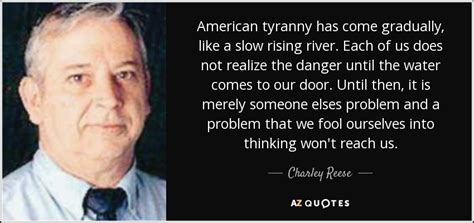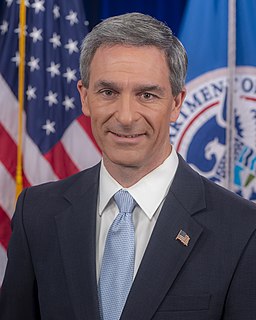A Quote by Joni Ernst
We are way overstepping bounds as federal legislators.
Quote Topics
Related Quotes
We need to put limits on how much an individual, group or business can spend on influencing an individual legislator or a whole set of legislators. Look at the vast sums that the NRA spends on getting all legislators to be soft on gun control. Legislators find it hard to refuse the NRA's largess when they need contributions to their political campaign wherever they can get them.
The tenth amendment said the federal government is supposed to only have powers that were explicitly given in the Constitution. I think the federal government's gone way beyond that. The Constitution never said that you could have a Federal Reserve that would have $2.8 trillion in assets. We've gotten out of control.
Federal transfers are not even a zero-sum proposition; they are a negative-sum proposition, leaking value at every step of the way, thanks to the costs of collecting federal tax dollars, then trickling them back out to the states' own costly bureaucracies via federal paper-pushers who write and oversee grant programs.
If the federal government should overpass the just bounds of its authority and make a tyrannical use of its powers, the people, whose creature it is, must appeal to the standard they have formed, and take such measures to redress the injury done to the Constitution as the exigency may suggest and prudence justify.
































